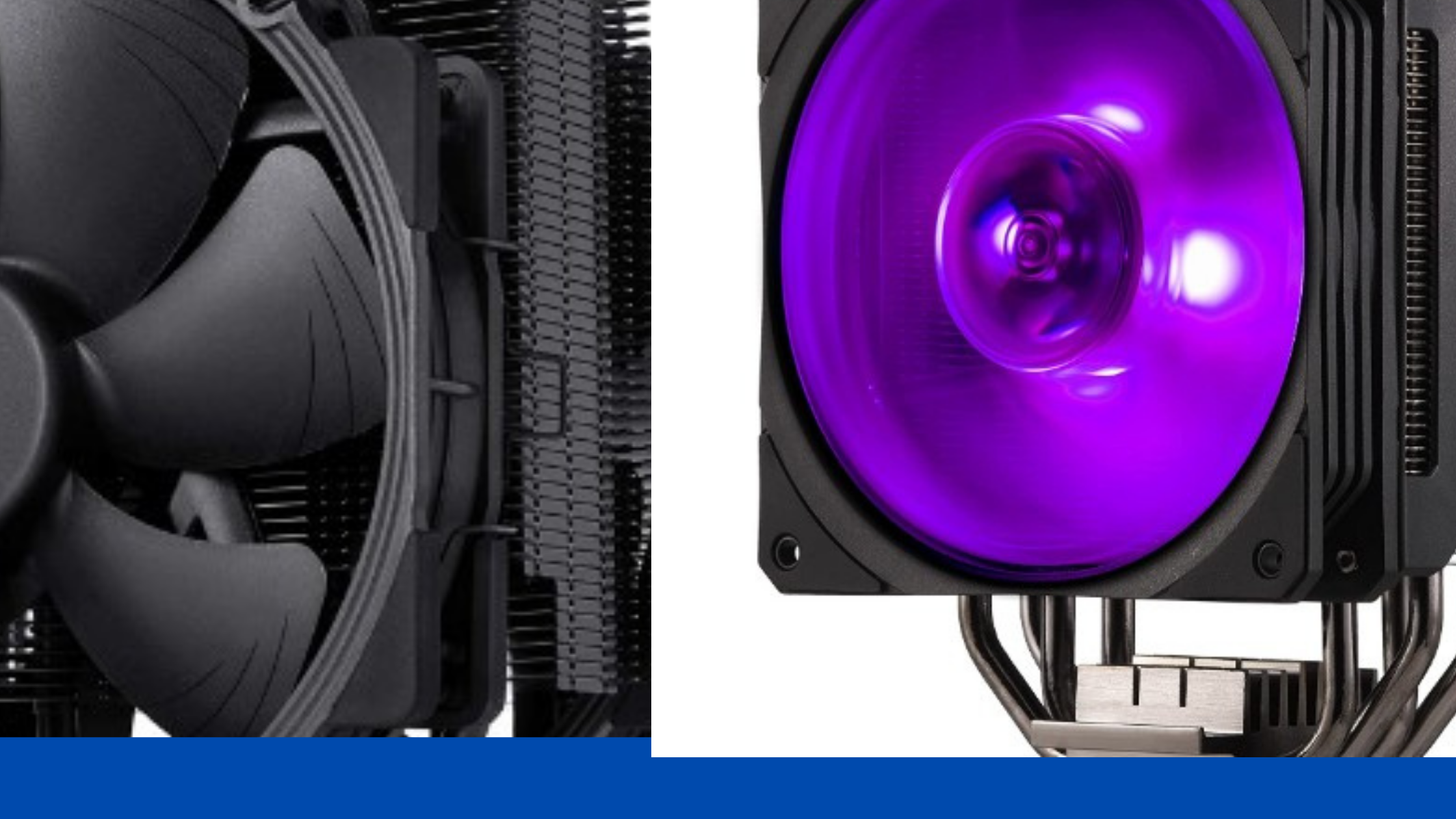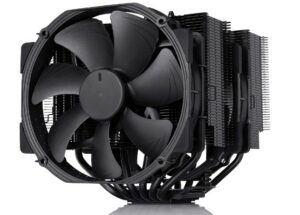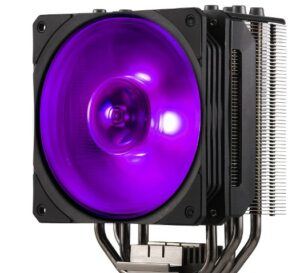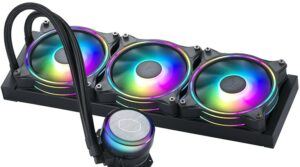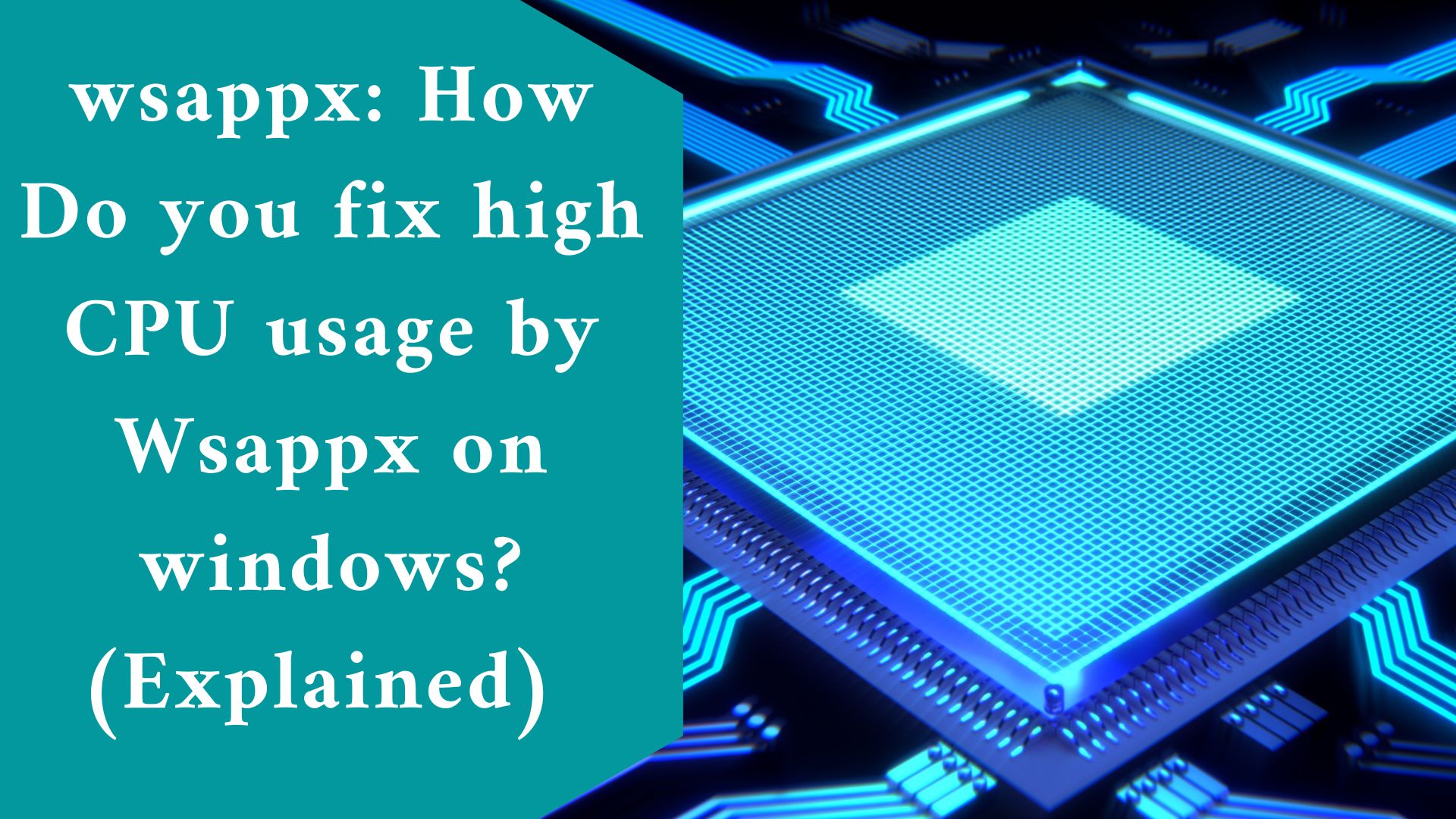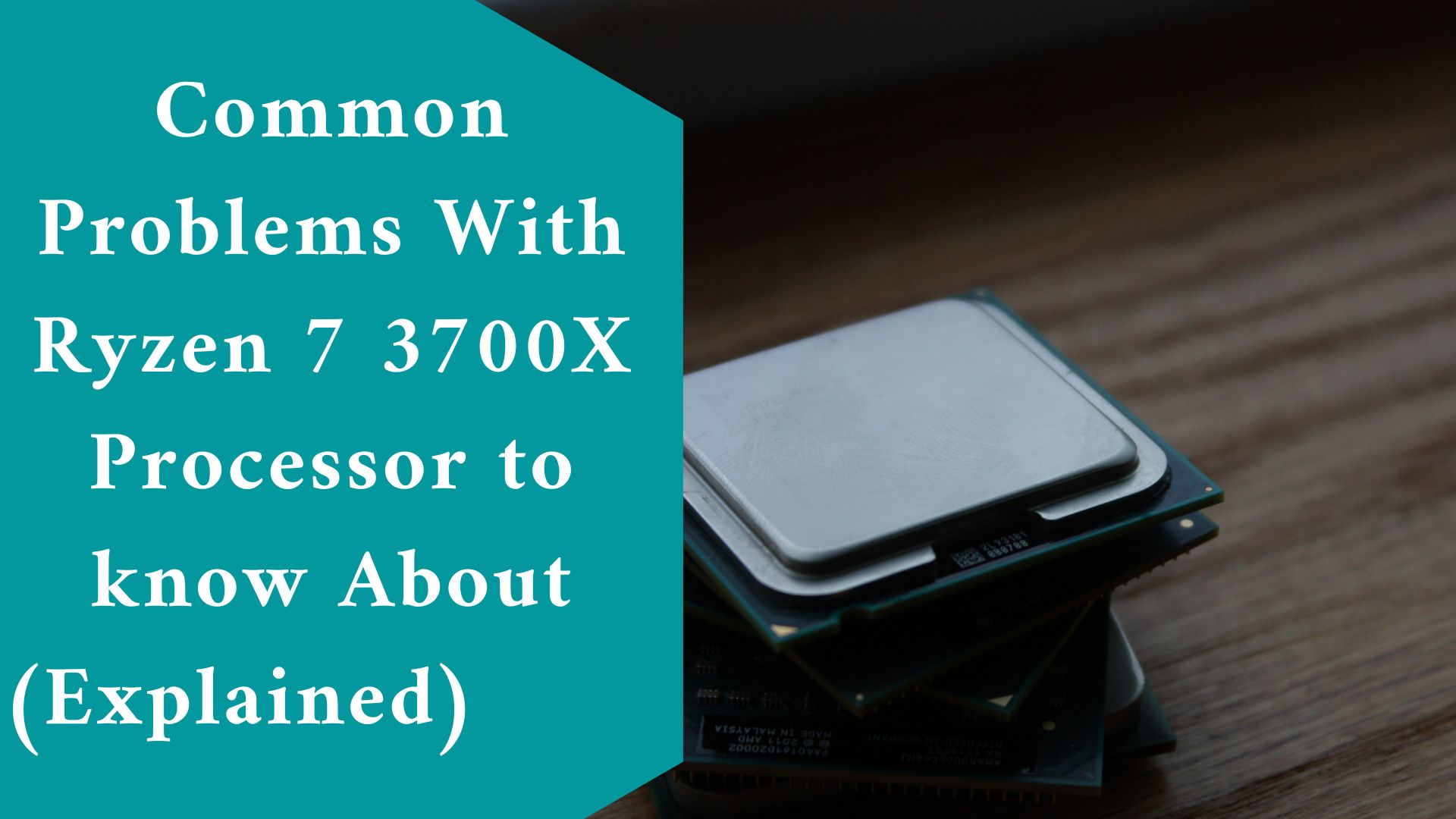If you are thinking of replacing your CPU, you may be wondering if you need to replace other related components.
After all, you must ensure that all your components are compatible. One of the components that can be very difficult to choose is the CPU cooler.
Do You Need A CPU Cooler?
It would help if you had a CPU cooler as it is an important component of any PC, without which the PC cannot work.
If your computer does not have a CPU cooler, or if the cooler is faulty, your system will overheat, and the heat can severely damage the hardware.
Also, if the system does not detect a cooler, it may not boot. It will shut down after a few seconds if this happens because the CPU heats up too fast.
You cannot rely on other cooling solutions, such as case fans, because the CPU requires a dedicated cooling system that absorbs heat directly from its surface and removes it.
CPUs Get Hot
The CPU is the brain of your system that is responsible for processing data, following instructions, and performing many other tasks. Like any electronics, heat is a natural consequence of CPU operations.
The basic element that helps CPUs transmit information is the electrical signals, which generate heat through their movements.
The CPU is a tiny component composed of millions of tiny transistors, each changing its state every second and generating energy.
The CPU can generate more than 100W of heat. You can imagine how hot it can be to try to touch a 100W light bulb just seconds after it is turned on. The more complex the operation, the higher the degree of heat generated.
You may find that the temperature rises when you perform CPU-intensive tasks, such as video rendering or gaming. It’s not just about the CPU.
Any PC component that uses electricity to run has a specific cooling system. RAM sticks come with custom heat sinks, fans are dedicated to power supplies, and GPUs don’t work without heat sinks and fans.
You’re Overclocking
If you are overclocking, a CPU cooler is essential. It can significantly increase your temperature even if you are overclocking the stock voltages.
Under normal circumstances, any CPU will overheat as electricity passes through its core. If you overclock, the voltage will rise, and so will the temperature.
As a result, if you do not have a proper cooling system, you will face many heat-related problems. Therefore, you need a cooling system to transfer heat and cool the interior.
Dust Buildup
Laptops and desktop computers have vents to facilitate airflow. However, dust particles can pass through these vents and accumulate on the internal components.
Over time, this dust can severely damage your components because it does not allow air to pass in and out of the system to cool the parts.
Although you need to clean the inside of your computer regularly to prevent dust from accumulating, you also need a good cooling system.
If you have a CPU cooling system, especially CPU fans, you can ensure that the CPU does not get hot due to dust accumulation.
Some CPUs do not come with stock coolers.
Some CPU manufacturers do not include cooling systems in their products. You will need an after-market cooler to avoid damaging your components.
For example, Intel does not include fans or hatches with watch CPUs whose model names contain the letters K, KF, KS, XE, or X.
Even if your processor comes with its thermal solution, you may need to upgrade it if you are overclocking. Most stock coolers and fans cannot cool your system effectively.
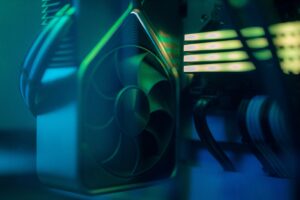
A Computer Is Unusable Without A CPU Cooler
CPU manufacturers take temperature seriously because it can damage the system. As a result, they have developed solutions to reduce the temperature and these negative effects.
For example, Intel processors have a digital thermal sensor that monitors the core’s temps and ensures they are not above the permissible limits.
If they go above that, it lowers the voltage and efficiency to cool it. This process is known as thermal throttling, designed to protect the hardware. However, these steps are designed for situations where you have a cooling system installed.
If there is no cooler, the CPU temperature rises immediately, and the CPU will shut down automatically. As a result, you can’t run your computer for more than a second.
You Won’t POST Without A Cooler.
Computers have a Power-on Self Test (POST) that checks all hardware components at startup and prevents you from booting if there is a problem.
As a result, some motherboards do not even allow you to turn on your computer without a fan. Your computer will not be able to pass POST, and you will receive a beep code indicating something wrong with the CPU.
Here’s a look at our selection of the best CPU coolers to buy:
|
|
Check out the current price here. |
|
|
Check out the current price here. |
|
|
Check out the current price here. |
Case Fans Aren’t Enough.
If you have seen a computer case, you must have seen the fans on the case panels that start running when the computer is turned on.
There are at least two case fans on the case panels, one to suck cold air from outside and the other to send hot air from inside. Do you think these fans are enough to cool the whole system?
However, your CPU needs a dedicated cooling system to take the heat into the case. The heat sink should be connected directly to the CPU to remove heat from its cover. Case fans only act as ventilatory components that carry heat out.
CPU Heat Can Affect Other Components
The CPU sits on the motherboard with many other components. These components are connected by wires and metal parts that can quickly transfer heat.
As a result, if your CPU temperature rises, it doesn’t just affect itself. It can also heat other components, such as the GPU and the motherboard, causing severe damage to these sensitive parts.
Overheating the CPU can raise the ambient temperature, and in extreme cases, it can burn the CPU and fry the motherboard. It can also melt the solder and affect the entire motherboard.
Fried Motherboard or CPU means your whole system will be useless. Worst-case scenario, you will lose your data if you infect the hard drive.
Final Thought
Whether you want to overclock your PC to its maximum capacity or stop throttling at stock speeds, you need to pay close attention to your CPU cooler.
If you don’t have big ambitions and are using the Ryzen chip, you might be able to save money by sticking to the stock cooler in your box.
But otherwise, before you choose the right solution for your system, make sure you check the space and TDP requirements.

